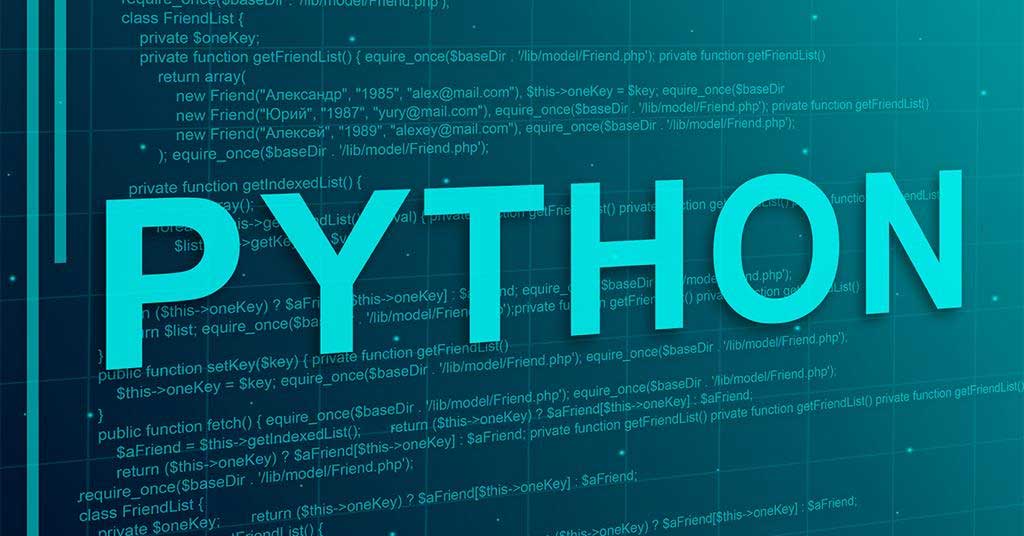| timeit.timeit(stmt, setup,timer, number) |
In Python timeit function the first input “stmt” takes the code as input for which you want to measure execution time. Let’s run a simple program.
| import timeit print(timeit.timeit(‘2+3’)) |
In the above code, a simple addition command is given as input. The time taken to perform simple addition is shown below.
Multiple lines as input
In the below example, time it function is taking multiple lines of code as input. While giving multiple lines as the input you just need to separate the statements by a semicolon.
| import timeit print(timeit.timeit(‘x = 2;y = 3; sum= x + y’)) |
Using triple quotes
Let’s take a look at the code in which we can pass a whole program or function as input to the python timeit function.
| import timeit import_module = “import math” testcode = ”’ def test(): x = 2 math.sqrt(x) ”’ print(timeit.repeat(stmt=testcode, setup=import_module,repeat = 1)) |
In the below screenshot 1 represents the second input of the timeit function. The “Setup” takes the necessary dependencies of the code that are required.
Comparison of two codes
Now let’s take a look at how to compare two different sets of code. We are going to compare two python functions, addition and multiplication.
import timeit
def addition(x, y):
result = x + y
return result
def multiplication(x, y):
result = x * y
return result
def addition_time():
# compute addition time
SETUP_CODE = '''
from __main__ import addition '''
TEST_CODE = '''
addition(2,3)
'''
times = timeit.repeat(setup=SETUP_CODE,
stmt=TEST_CODE,
repeat=3,
number=10000)
# minimum time
print('addition time: {}'.format(min(times)))
# compute multiplication time
def multiplication_time():
SETUP_CODE = '''
from __main__ import multiplication'''
TEST_CODE = '''
multiplication(2,3)
'''
# timeit.repeat statement
times = timeit.repeat(setup=SETUP_CODE,
stmt=TEST_CODE,
repeat=3,
number=10000)
# minimum time
print('multiplication time: {}'.format(min(times)))
if __name__ == "__main__":
multiplication_time()
addition_time()
The following is the output.


























